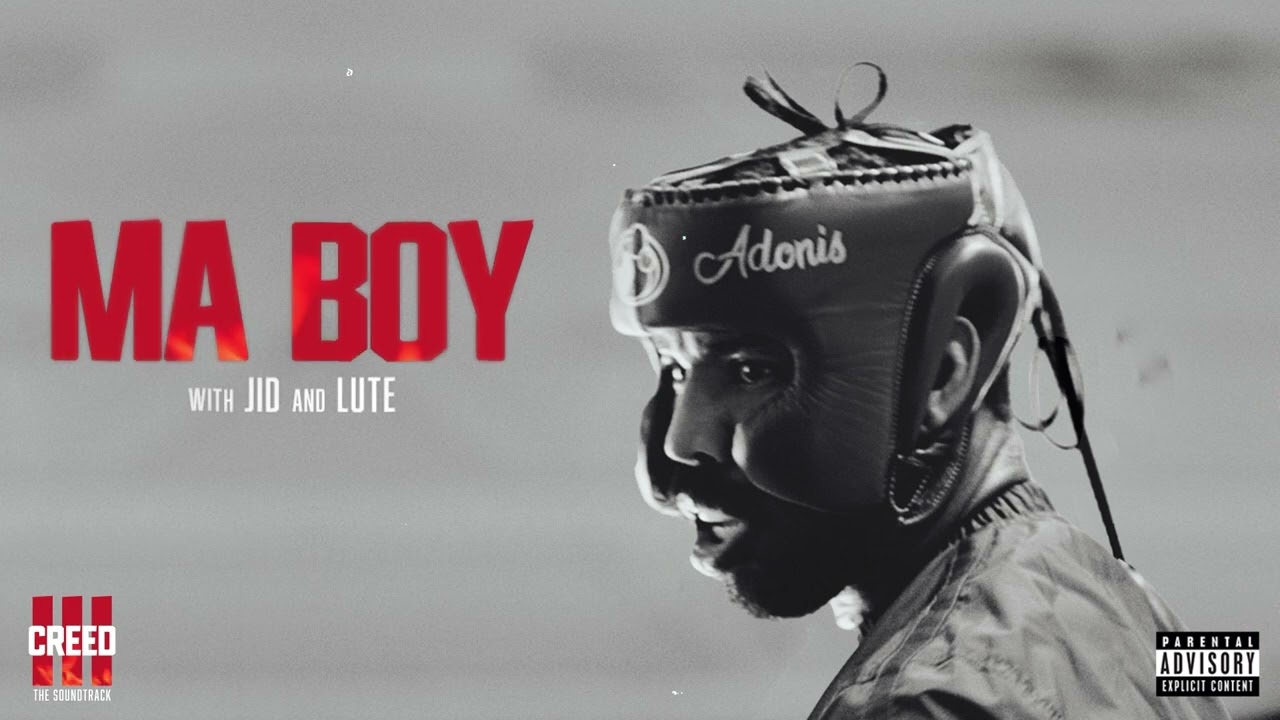
Hip Hop Today
Hip Hop Today: The Evolution, Impact, and Future of a Cultural Phenomenon
Hip hop, once an underground movement born in the streets of the Bronx, has transformed into a global cultural force that transcends borders and influences diverse communities. From its humble beginnings in the 1970s, hip hop has continuously evolved, shaping and reflecting the social, political, and cultural landscapes of each era. In this article, we will explore the current state of hip hop, its impact on society, and its potential for future growth and innovation.
The Evolution of Hip Hop
Hip hop has come a long way since its early days as a fusion of spoken word poetry, DJing, breakdancing, and graffiti art. Over the decades, it has grown into a multi-billion-dollar industry, encompassing various subgenres, fashion trends, and artistic expressions. The genre has evolved and diversified, incorporating elements of R&B, jazz, rock, and electronic music, pushing the boundaries of creativity and expanding its sonic landscape.
The Rise of Trap and SoundCloud Rap
In recent years, one of the dominant subgenres in hip hop has been trap music. Originating in the Southern United States, trap music is characterized by its heavy bass, rapid hi-hat patterns, and lyrics reflecting street life and struggle. Artists like Migos, Future, and Travis Scott have achieved tremendous success, with trap beats permeating the mainstream music scene and influencing pop, electronic, and even rock genres.
Another significant development has been the rise of SoundCloud rap, a subculture that emerged through the online platform SoundCloud. Artists like Lil Uzi Vert, Playboi Carti, and XXXTentacion gained popularity by self-releasing their music and cultivating a dedicated fan base. SoundCloud rap showcased a raw and unfiltered approach to hip hop, with its lo-fi production, introspective lyrics, and emo-inspired aesthetics.
Social and Political Impact
Hip hop has always been a platform for marginalized voices, providing an outlet for expression and addressing social and political issues. Today, it continues to be a powerful tool for activism, shedding light on racial inequality, police brutality, and socioeconomic disparities. Artists like Kendrick Lamar, J. Cole, and Cardi B have used their platforms to raise awareness, spark conversations, and demand justice, showcasing the genre’s potential for social impact and change.
Hip Hop and Mainstream Success
Hip hop has undeniably become a dominant force in mainstream music, influencing popular culture, fashion, and even advertising. Its global reach is evident in the success of artists like Drake, who has broken numerous chart records and achieved unprecedented streaming numbers. The genre’s ability to connect with audiences across different demographics and cultures has solidified its position as a cultural phenomenon with a broad appeal.
The Future of Hip Hop
As hip hop continues to evolve, the future holds exciting possibilities. Artists are increasingly exploring new sonic landscapes, blending genres, and experimenting with unconventional sounds. The emergence of conscious rap, alternative rap, and Afrobeat-influenced hip hop showcases the genre’s capacity for innovation and evolution.
Moreover, the democratization of music production and distribution through streaming platforms and social media has allowed independent artists to thrive, challenging the dominance of major record labels. This shift empowers artists to maintain creative control and directly connect with their fan base, potentially leading to a more diverse and authentic representation of hip hop in the future.
Conclusion
Hip hop has grown from a local phenomenon to a global force, impacting music, fashion, and culture at large. Its evolution, from the streets of the Bronx to the forefront of the mainstream, reflects the genre’s ability to adapt, innovate, and connect with audiences. Hip hop’s social and political impact, as well as its continuous exploration of new sounds and styles, ensures its continued relevance and significance in the years to come.
With its rich history and multifaceted nature, hip hop remains a dynamic and ever-evolving genre. As artists push boundaries, challenge norms, and incorporate diverse influences, the future of hip hop holds the potential for even greater experimentation and innovation. The genre’s ability to adapt and reflect the changing times ensures that it will continue to captivate audiences and serve as a powerful platform for artistic expression.
One notable aspect of hip hop’s future is the increasing global influence and cross-cultural collaborations. Artists from different countries and backgrounds are infusing their unique perspectives and musical styles into the genre, resulting in a vibrant fusion of sounds and narratives. This cross-pollination of ideas and cultures expands hip hop’s reach and offers new avenues for creative exploration.
Additionally, technology will play a significant role in shaping the future of hip hop. As advancements in production tools, virtual reality, and artificial intelligence continue to emerge, artists will have innovative means to craft their music and engage with their audiences. Virtual concerts, immersive experiences, and interactive storytelling have the potential to revolutionize the live performance aspect of hip hop, creating unique and unforgettable moments for fans.
Furthermore, hip hop’s impact on fashion and lifestyle is likely to continue. From streetwear and sneaker culture to the influence of hip hop artists on luxury brands, the genre’s sartorial expressions have become synonymous with contemporary fashion. As fashion and hip hop intersect, we can expect further collaborations, brand partnerships, and the emergence of new trends that reflect the genre’s influence on style.
However, with its increasing commercial success and mainstream visibility, hip hop also faces challenges. The genre’s roots in activism and social commentary can sometimes be diluted or overshadowed by commercial interests. It is crucial for artists to maintain authenticity, staying true to the genre’s origins while navigating the demands of the industry.
In conclusion, hip hop has come a long way since its inception, evolving into a global cultural force that continues to shape music, fashion, and social discourse. As the genre progresses, it remains rooted in its foundation of self-expression, storytelling, and cultural empowerment. With its ability to adapt, connect, and inspire, hip hop is poised to transcend boundaries and captivate audiences for generations to come. As we look to the future, we can expect hip hop to continue pushing boundaries, amplifying diverse voices, and serving as a catalyst for social change.












